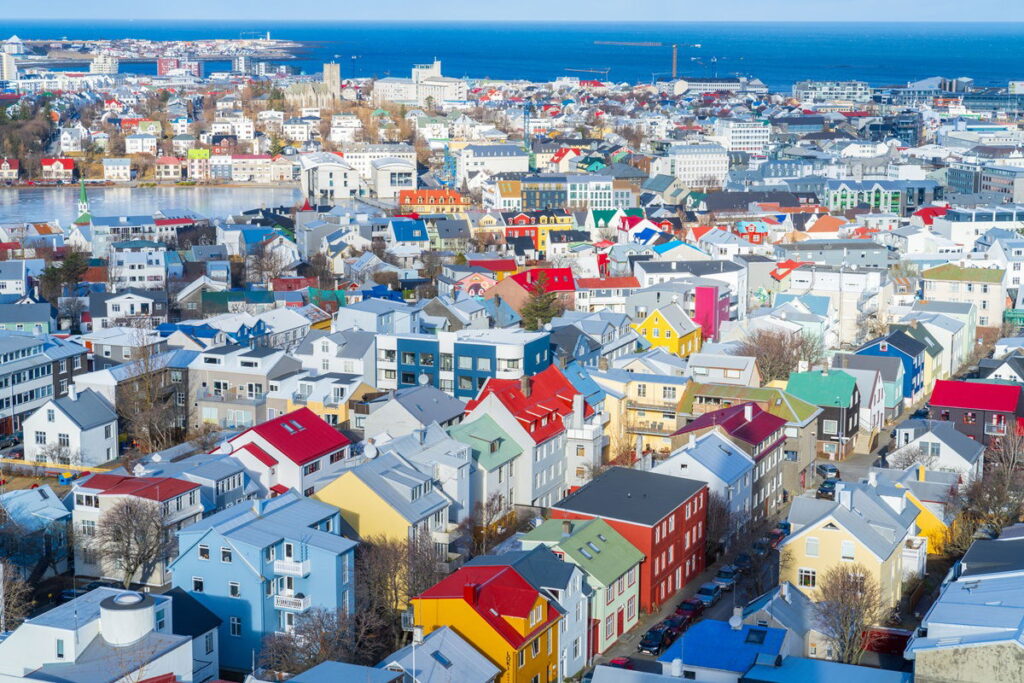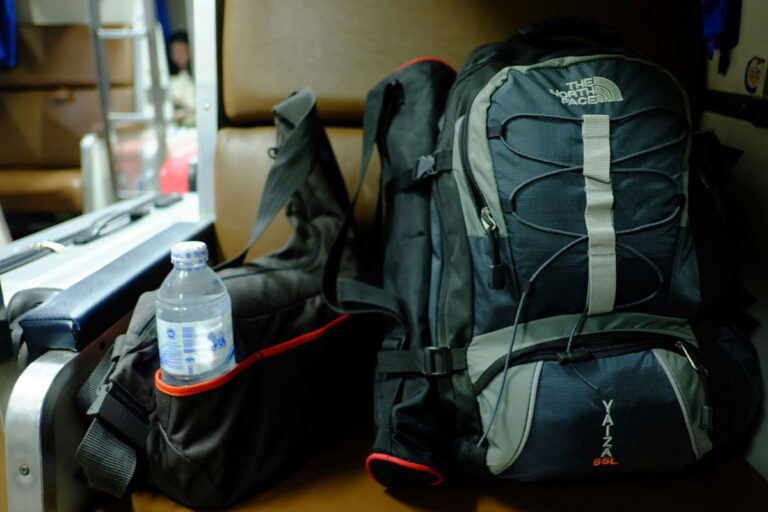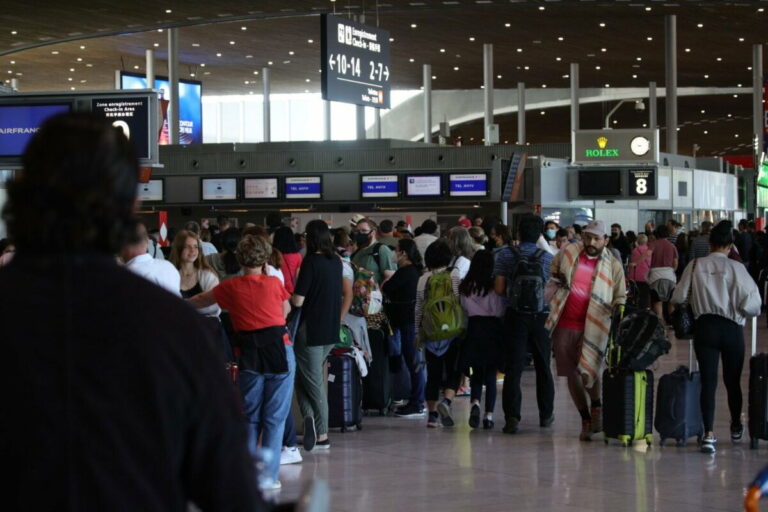
Reykjavik, Iceland – The peaceful capital of the world’s safest country, according to the Global Peace Index.Credit : Mike Towers, Shutterstock
Top travel question gets a global twist: where in the world would you be safest if everything went south? After months of rising tension- think the recent US-Iran drama, war in Ukraine – the idea of a third world war suddenly doesn’t feel so far-fetched. So, if you had to choose a bolt-hole, where should you go? Let’s dive into the fresh findings of the Global Peace Index 2025.
Safest countries in the World: The peace index breakdown
The annual Global Peace Index—put together by the Institute for Economics and Peace—has just dropped its latest report. And frankly, the news isn’t brilliant: for the sixth year running, global peace is on the decline, with more than 59 conflicts currently raging worldwide. That’s the highest number since World War II.
So, what makes a country genuinely safe when the world’s in turmoil? The experts say it’s a cocktail of factors: being remote, having strong civil defences, political neutrality, self-sufficiency in food and energy, and a stable government. Here’s how the rankings play out for 2025.
Top five countries to wait out a World War
- Iceland: The Ultimate Safe Haven
No surprise here—Iceland tops the list, as it has for years. Tucked away in the North Atlantic, it’s got no army, minimal military targets, and a tight-knit society that’s weathered its fair share of natural disasters. Thanks to its geothermal energy, Iceland is self-sufficient for electricity. And let’s be honest: not many enemies would bother making the trip. - New Zealand: The Edge of the Earth
If you’re looking to escape just about everything, New Zealand should be on your radar. Over 2,000 km from Australia and surrounded by ocean, it’s famously peaceful, fiercely independent, and blessed with enough farmland to feed its own. The Global Peace Index places it comfortably in the top three. - Switzerland: Neutral by Tradition, Prepared by Law
Switzerland has perfected the art of neutrality. Not only does it stay out of military alliances like NATO, but Swiss law also ensures there are air raid shelters for the entire population. Add a mountainous landscape that’s tricky to invade and you’ve got a country built for surviving just about anything. - Bhutan: Mountain Fortress of Calm
Nestled high in the Himalayas, Bhutan isn’t just hard to reach—it’s hard to drag into any drama. Its foreign policy is strictly non-aligned, and it prides itself on “Gross National Happiness” over GDP. With little global exposure and an almost non-existent military presence, Bhutan’s biggest challenge is the trek to get there. - Costa Rica: No Army, No Worries
Costa Rica famously scrapped its army in 1949, channelling resources into health and education instead. Tucked away in Central America, it’s got a rock-solid democracy, a reputation for environmental care, and is far from any nuclear flashpoints.
Honourable mentions: Fiji and Canada
If you fancy going even further afield, Fiji in the South Pacific is about as isolated as you can get, with abundant resources and little chance of being dragged into a major conflict. Meanwhile, Canada offers a huge, stable landmass, a strong record on peace, and enough natural resources to see out a crisis—even if it is a NATO member.
The flip side: Where not to be
Not everywhere is a safe bet. The United States, for example, continues to slide down the peace rankings (now at 128 out of 163), dragged down by domestic gun violence, intense political division, and a global military presence. It’s hardly the haven some might imagine.
The Bottom line: Stay calm and choose wisely
In a world that sometimes feels like it’s teetering on the edge, it’s no wonder people are thinking about where they’d go if the worst happened. While no spot is truly invincible, countries like Iceland, New Zealand, Switzerland, Bhutan and Costa Rica come out on top if you’re after safety, neutrality, and a decent shot at a quiet life—even if things go a bit mad elsewhere.
Of course, let’s hope you never have to use this knowledge for anything more than a daydream. But if you’re planning your next big move (or just a long holiday to escape the news cycle), you now know where to look.
Stay safe—and maybe brush up on your Icelandic, just in case.
Find more news about Travel







